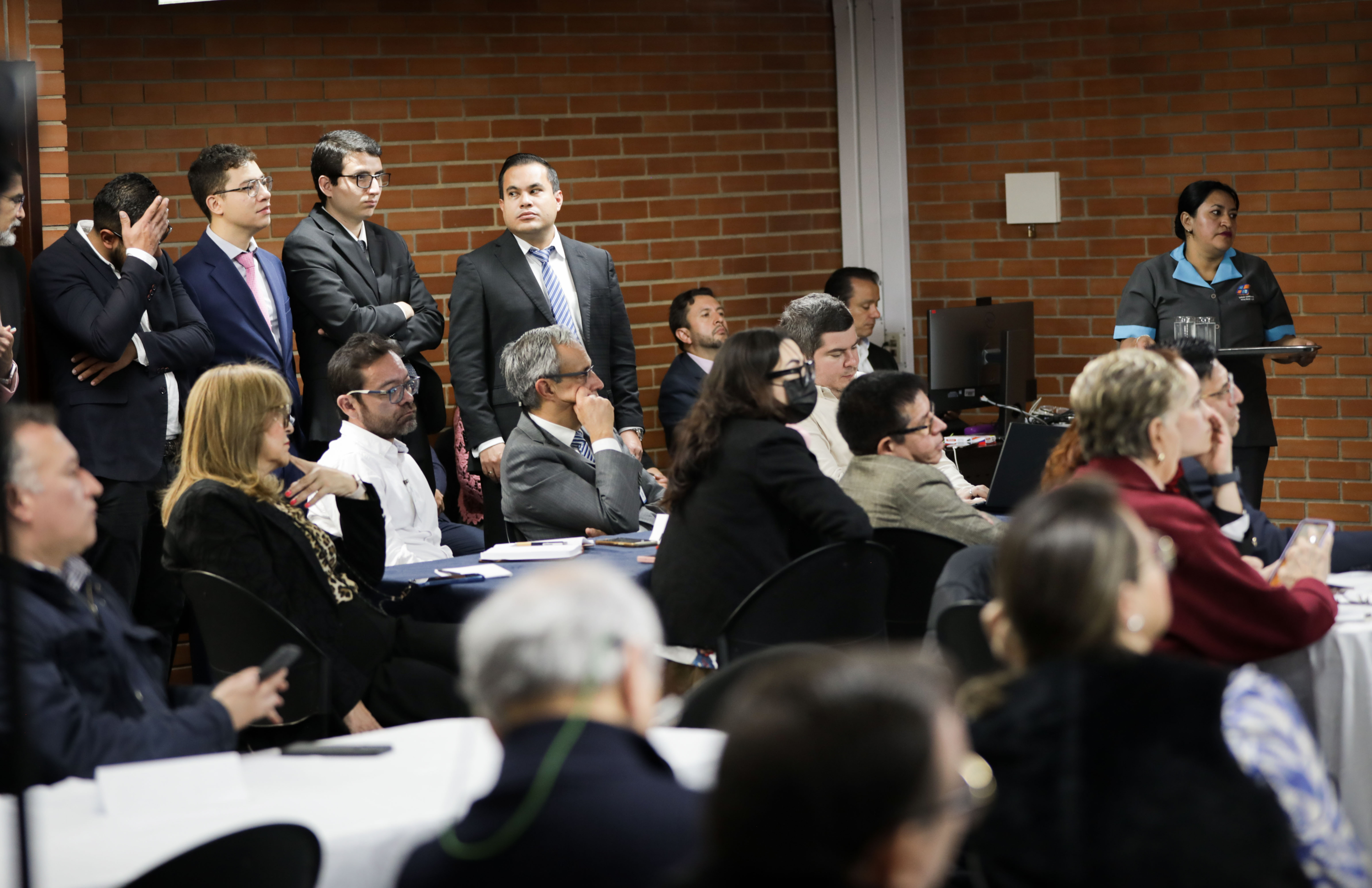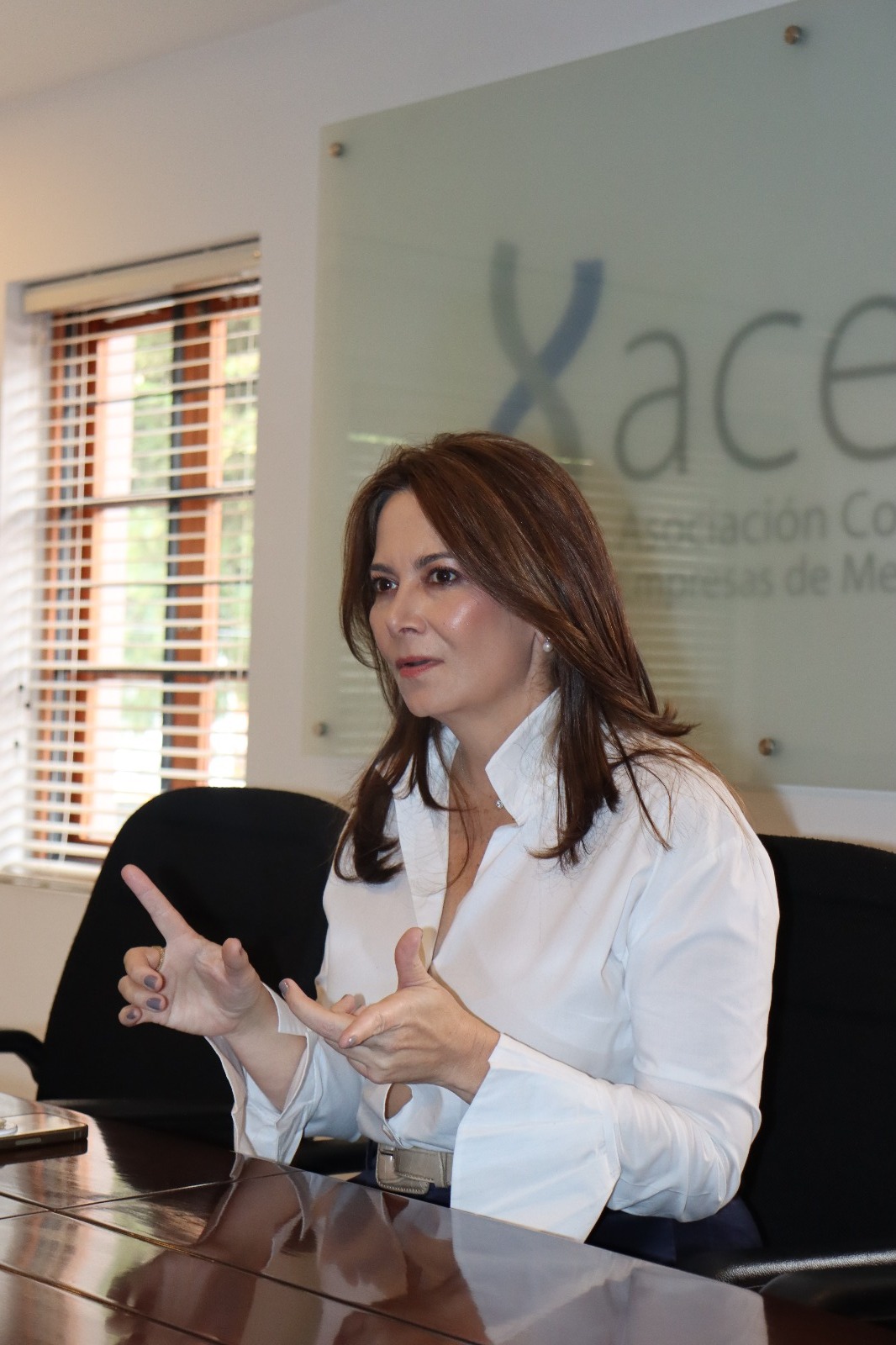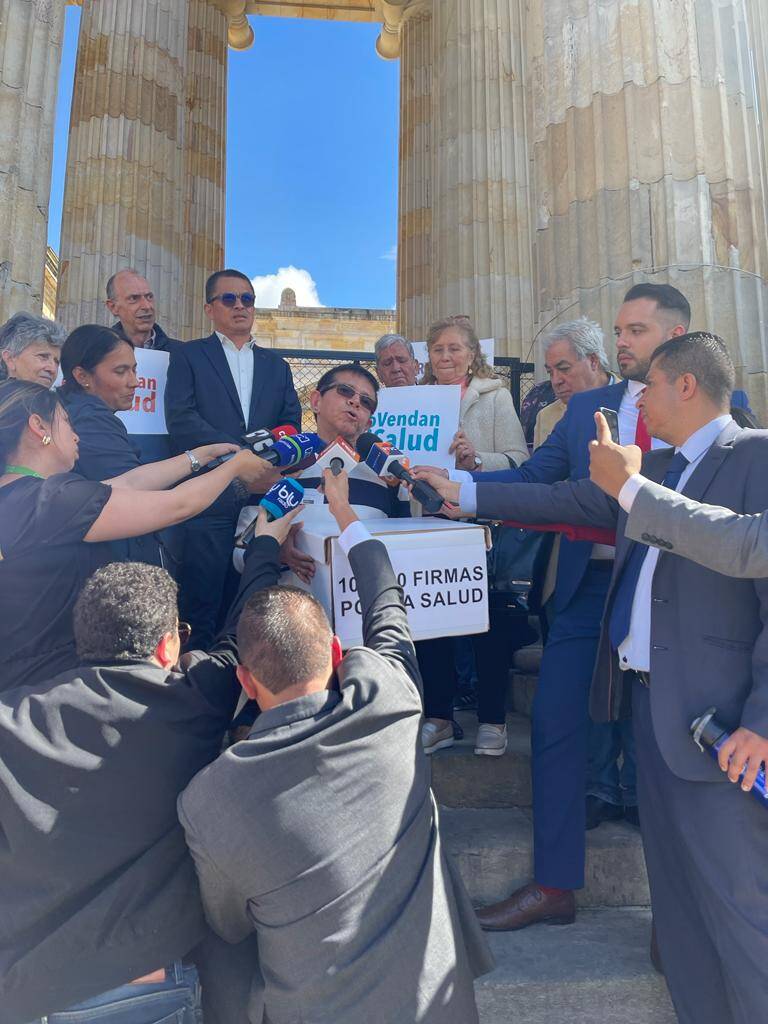Acemi questions the government for closing the UPC technical committees without finding a solution: "It's not an accounting issue, it's a human tragedy."

The latest round of technical discussions on the Capitation Payment Unit (UPC), ordered by the Constitutional Court, concluded without any agreements between the government and the various health sectors. Acemi, the association representing contributory EPSs, warned that the closure of the debate leaves unanswered a deficit that already exceeds $26 trillion pesos and threatens the care of millions of patients. For its part, the government indicated that the views of all stakeholders in the sector who came from different regions of the country to participate in the meetings were presented.
According to Acemi, the Ministry of Health and Social Protection argued that retroactive adjustments to the UPC are not possible because, according to its position, calculations from previous years "were made with the best information available," and correcting them "would reward inefficiency and mismanagement." Furthermore, it questioned the reliability of the EPS financial statements, going so far as to assert that they "would have misled the Constitutional Court."
Acemi responded harshly: "The Court ordered a technical and transparent exercise, not a political simulation. It is unacceptable that the Ministry has reduced the Supreme Court's orders to mere opinions, denying access to databases and blocking serious and verifiable debate."

UPC technical committees at the Ministry of Health. Photo: Mauricio Moreno
According to the technical analysis presented by Acemi, the system is experiencing a deteriorating relationship between spending and resources received. "The official indicators themselves show that for every $100 pesos recognized by the UPC, $109 pesos are spent on health," the union noted, which translates into a cumulative deficit of between $26.3 and $33.4 billion in the 2021–2024 period.
The technical annex submitted by Acemi detailed that $13.7 billion in health spending was omitted in those years due to deficiencies in reporting; that the Ministry failed to apply actuarial methodology to calculate the frequency of service use after the pandemic; and that it underestimated inflation, which would have cost the system an additional $10.1 billion.
It was also revealed that the real cost of new technologies included in the Health Benefits Plan (PBS) was $888 billion, well above the official estimate of $388 billion, generating an additional deficit of half a trillion pesos.

Ana María Vesga, president of Acemi. Photo: Acemi
From the Executive Branch, the Vice Minister of Social Protection, Luis Alberto Martínez, explained that the roundtables were held in various regions of the country with the participation of community organizations, representatives of EPSs, and stakeholders from the Indigenous health system. "We completed the roundtables ordered by the Court in the various rulings (...) with preparation to ensure stability over time, and of course with the participation of EPSs and conscious individuals from across the country; Indigenous EPSs also participated," he stated.
The official emphasized that this exercise responds to the constitutional obligation to open spaces for broad dialogue, where different points of view and experiences converge. "The Constitution has had to regulate the form of dialogue, the way of negotiating, the guarantee of the rights we had previously enjoyed, and with them, we find common ground, where each party uses their experiences and technical knowledge," he noted.
Martínez added that the Ministry is responsible for collecting the contributions obtained and submitting them to the Constitutional Court as input for new provisions. Among the topics addressed, he highlighted the need to ensure stability in the participation of EPSs, strengthen Indigenous and community health programs, and seek balance in the allocation of resources. "All the inputs discussed have been reviewed, and also, thanks to the exercise of economic solidarity, with the economic rights that we all enjoy here, to guarantee equality of social resources," he said.
Finally, he emphasized that the results of the roundtables "become a tool to guide regulations that seek to balance the participation of different actors in the system, under the principles of equity and universality."
Colombian Patients: “An underfunded ICU kills patients” For its part, Pacientes Colombia, an organization that brings together more than 200 patient associations across the country and which participated in the roundtables as a volunteer expert for the Constitutional Court, also expressed its dissatisfaction with the results. "The UPC roundtables didn't work; the Ministry of Health ignores the Court's rulings and leaves 52 million Colombians convicted with insufficient resources," the organization warned in a statement.
Denis Silva, spokesperson for the movement, stated: “We feel used by the Ministry of Health in this process, which ordered compliance with the Constitutional Court's rulings to guarantee a fair UPC. The Ministry unilaterally concludes that resources are sufficient, but the majority of the attending technicians demonstrate that there is a shortage close to two percentage points of GDP. An underfunded UPC kills patients.”
The patient network also criticized the dismissal of court rulings and the lack of sufficient information to justify the government's decisions. "The country has lost a historic opportunity to emerge from the health system crisis, and the fundamental right to health of 52 million Colombians has been put at risk," the statement concluded.

Denis Silva, spokesperson for Pacientes Colombia. Photo: Private Archive
Acemi also warned that the deficit is already having a direct impact on the care provided to Colombians: “Patients cannot be sacrificed. Behind every figure are thousands of Colombians waiting for treatment, medication, and timely care. The UPC deficit is not an accounting issue; it is a human tragedy that requires immediate solutions,” they said.
The union insisted that the EPS financial statements are audited and monitored by the Superintendency of Health and the Comptroller's Office, so it is not valid to question their transparency. "Recognizing and supporting this information is key to consolidating institutional trust and advancing joint solutions to the crisis," they emphasized.
Although, according to the union, the Ministry of Health has closed the technical roundtables and ruled out further funding other than additional contributions from workers and employers, Acemi announced that it will press the oversight bodies and the Constitutional Court itself. "We will continue to defend the solvency of the system and the Court's mandate with figures and technical evidence," the union stated, calling for the development of a clear methodology with verifiable data and political and legal consensus to guarantee the sustainability of the fundamental right to health.
Environment and Health Journalist
eltiempo

%3Aformat(jpg)%3Aquality(99)%3Awatermark(f.elconfidencial.com%2Ffile%2Fbae%2Feea%2Ffde%2Fbaeeeafde1b3229287b0c008f7602058.png%2C0%2C275%2C1)%2Ff.elconfidencial.com%2Foriginal%2F65d%2F9fa%2F687%2F65d9fa687c8dc3b8366b17112f4e35f8.jpg&w=1280&q=100)
%3Aformat(jpg)%3Aquality(99)%3Awatermark(f.elconfidencial.com%2Ffile%2Fa73%2Ff85%2Fd17%2Fa73f85d17f0b2300eddff0d114d4ab10.png%2C0%2C275%2C1)%2Ff.elconfidencial.com%2Foriginal%2F5e6%2F338%2F760%2F5e63387602a9e6b300c8e8826de5975d.jpg&w=1280&q=100)
%3Aformat(jpg)%3Aquality(99)%3Awatermark(f.elconfidencial.com%2Ffile%2Fa73%2Ff85%2Fd17%2Fa73f85d17f0b2300eddff0d114d4ab10.png%2C0%2C275%2C1)%2Ff.elconfidencial.com%2Foriginal%2Fbc0%2Fdf9%2F5af%2Fbc0df95afc53955602fed5d82806a004.jpg&w=1280&q=100)
%3Aformat(jpg)%3Aquality(99)%3Awatermark(f.elconfidencial.com%2Ffile%2Fa73%2Ff85%2Fd17%2Fa73f85d17f0b2300eddff0d114d4ab10.png%2C0%2C275%2C1)%2Ff.elconfidencial.com%2Foriginal%2F822%2F3b9%2F0dd%2F8223b90ddff757fb9b381bda68ac9102.jpg&w=1280&q=100)
%3Aformat(jpg)%3Aquality(99)%3Awatermark(f.elconfidencial.com%2Ffile%2Fbae%2Feea%2Ffde%2Fbaeeeafde1b3229287b0c008f7602058.png%2C0%2C275%2C1)%2Ff.elconfidencial.com%2Foriginal%2Ffab%2Ffe6%2F1d8%2Ffabfe61d8b96c3dca2706e6a36bc6253.jpg&w=1280&q=100)